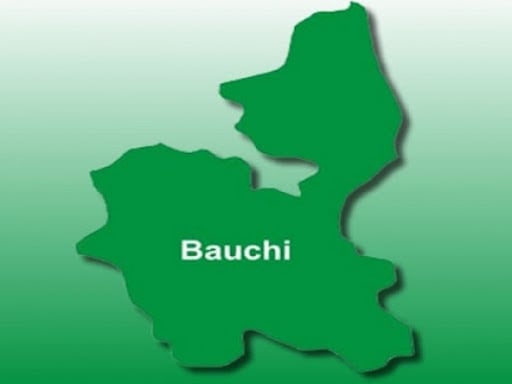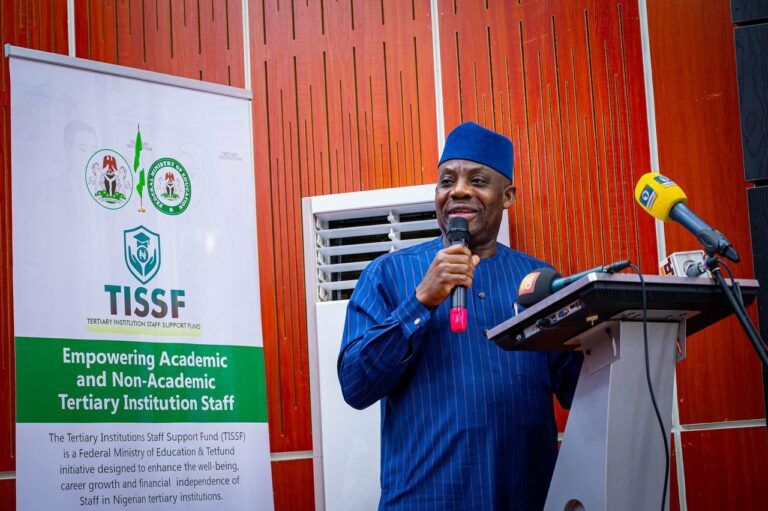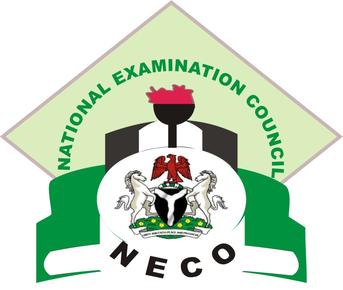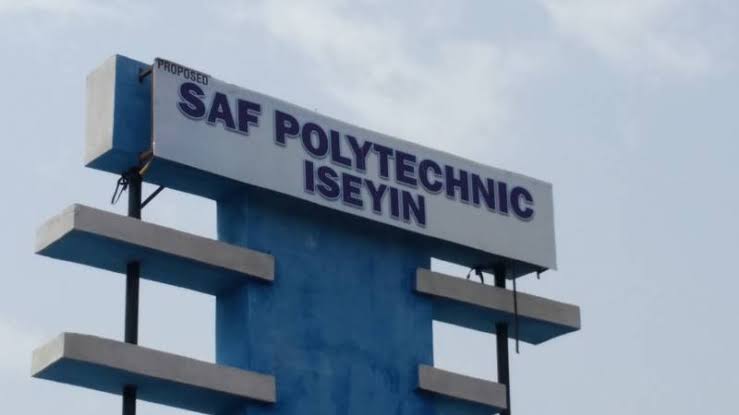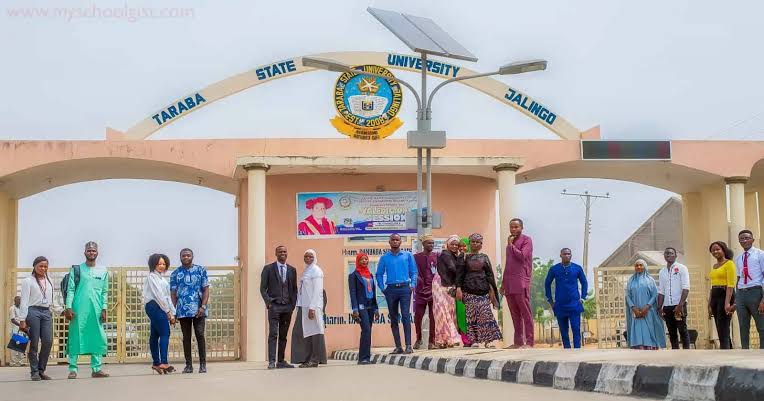The 2026 budget discussions in Bauchi State, Nigeria, have taken a new turn as women, adolescent girls, and education advocates strongly demand increased funding for girls’ education. During a special Girls’ Budget Townhall organized by the Young Leaders Network (YLN) in collaboration with the Malala Fund and the Adolescent Girls Initiative for Learning and Empowerment (AGILE) project, participants highlighted the urgent need for gender-responsive education financing.
The call is not just about adding more money to the education sector; it is about making sure that budget allocations in Bauchi State directly address the barriers that prevent girls from accessing and completing their education. From menstrual hygiene management (MHM) to second-chance learning opportunities for married girls and adolescent mothers, the demands emphasize inclusivity, accountability, and sustainability.
This article explores the details of the advocacy, the gaps identified in Bauchi’s education system, and why 2026 budgetary allocations must prioritize girls’ education in Nigeria.
Bauchi State Women and Girls Raise Concerns
During the townhall meeting themed “Our Voices, Our Budget: Girls Speak for Inclusive Education 2026”, adolescent girls, young mothers, student leaders, and community representatives openly shared their struggles. They explained that although Bauchi State has been benefiting from the World Bank-supported AGILE programme, there are still critical challenges facing female education in rural and urban areas alike.
Key issues raised include:
- Lack of functional WASH (Water, Sanitation, and Hygiene) facilities in schools.
- Shortage of qualified female teachers in many communities.
- Poor or nonexistent support for adolescent mothers and married girls seeking a return to school.
- Weak menstrual hygiene management programmes, leading to frequent absenteeism among schoolgirls.
- Overcrowded classrooms and insufficient learning spaces.
- Low access to digital education resources and ICT facilities, especially as WAEC exams increasingly shift to Computer-Based Testing (CBT).
These challenges, according to participants, can only be resolved if the 2026 Bauchi State budget deliberately creates a gender-sensitive allocation for education.
AGILE Programme and Existing Interventions
The Adolescent Girls Initiative for Learning and Empowerment (AGILE), supported by the World Bank and the Federal Government of Nigeria, has already made progress in Bauchi State. The programme provides Conditional Cash Transfers (CCTs) to reduce the financial burden on families and keep girls in school.
Key AGILE interventions in Bauchi include:
- Conditional Cash Transfers (CCTs): Over 16,000 girls benefit, receiving ₦5,000 per term at the junior secondary level and ₦10,000 per term at the senior secondary level, tied to regular school attendance.
- Scholarships and Incentives: Over 20,000 Bauchi girls have been targeted to benefit from scholarships and bursaries.
- School Renovations and Infrastructure: Construction of new classrooms and rehabilitation of dilapidated school buildings.
- Recruitment of Teachers: Efforts are ongoing to reduce the student-teacher ratio in Bauchi schools.
- Skill Acquisition and Digital Literacy Training: Empowering girls with ICT and vocational skills for employability.
While these are commendable, Bauchi women insist that more needs to be done through direct budgetary commitments in the 2026 budget cycle.
Why Bauchi Girls Want Gender-Responsive Budgeting
The call for gender-responsive education financing is rooted in the recognition that girls face unique barriers that are often ignored in traditional budget planning. A general allocation to education does not guarantee equal access for female students, especially those in rural communities.
Reasons behind the demand include:
- High Rate of School Dropouts Among Girls: Many girls leave school due to early marriage, pregnancy, poverty, and cultural pressures.
- Menstrual Hygiene and School Absenteeism: Without sanitary pads, clean toilets, and privacy, girls miss several school days every month.
- Digital Divide: As exams move to CBT, girls without access to computers risk being left behind.
- Teacher Shortages: Many rural schools lack female teachers, making parents reluctant to send their daughters.
- Lack of Safe Learning Environments: Insecurity and poor infrastructure discourage attendance.
Expectations for the 2026 Bauchi Budget
As the Bauchi State Government prepares the 2026 budget, education advocates are calling for:
- A dedicated budget line for girls’ education, covering scholarships, conditional cash transfers, and mentorship programmes.
- Second-chance education programmes for adolescent mothers and married girls.
- Investment in WASH facilities, including toilets, water supply, and pad banks in schools.
- Recruitment and deployment of more qualified female teachers across rural and urban schools.
- Provision of ICT centres and e-learning resources to prepare girls for computer-based examinations and digital skills.
- Strong monitoring and evaluation mechanisms to ensure allocated funds are properly utilized.
- Greater community sensitization to address cultural barriers against girls’ education.
Why This Matters Beyond Bauchi
Bauchi State is one of the states in Northern Nigeria with the highest number of out-of-school children, especially girls. The outcome of its 2026 education budget will not only determine the future of thousands of girls in Bauchi but could also serve as a model for other states facing similar challenges.
Investing in girls’ education is widely acknowledged as one of the most powerful strategies for sustainable development. Educated girls are more likely to delay marriage, have healthier children, contribute to economic growth, and break cycles of poverty.
Conclusion
The push by Bauchi women and adolescent girls for gender-responsive education financing in the 2026 Bauchi State budget is timely, necessary, and transformative. While programmes like AGILE have laid a strong foundation, the long-term solution lies in consistent government funding, accountability, and inclusion.
If Bauchi can prioritize girls’ education in the 2026 budget, it will not only empower thousands of young women but also move Nigeria closer to achieving Sustainable Development Goals (SDG 4 – Quality Education, and SDG 5 – Gender Equality).
The message is clear: Educating girls is not charity—it is smart economics and a guarantee of a better future.
